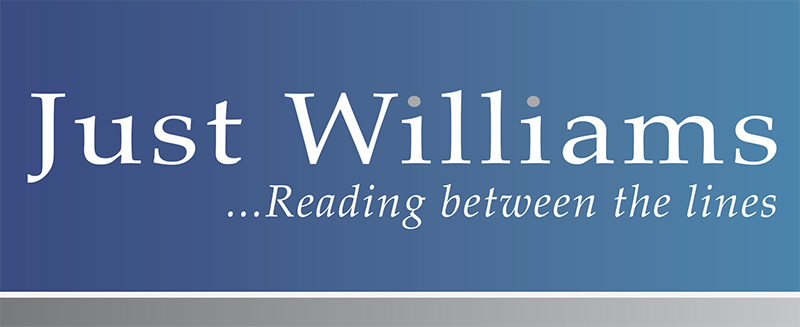
Well, there has been plenty going on. The country overwhelmingly rejected a change to the voting system, U.S. government debt was earmarked for a potential downgrade by the rating agency, Standard & Poors, while Gordon Brown fancied running the International Monetary Fund (IMF). To cap it all, Leeds United failed to make The Championship play-offs. I acknowledge courting ridicule by combining the important with the trivial but U.S. indebtedness, IMF leadership and electoral reform are far from irrelevant.
Credit rating agencies earn a living by offering investors an evaluation service for fixed income securities. The strongest, issued by rock solid entities are awarded AAA status. The next best get AA, then A and so on into the ‘B’s and beyond. Ratings are important because the more secure the investment, the cheaper the borrowing costs for the issuer. Conversely, investors are comfortable accepting lower returns if the chances of default are negligible. As such, anything sporting an ‘A’ should be sturdy enough; a ‘B’ suggests a degree of caution might be warranted while the involvement of ‘C’ translates as you’ve got to be kidding.
I mention this obscure corner of the investment world for a particular reason. Credit rating agencies were badly damaged by the financial crisis and they have long had a reputation for shutting the stable door well after the horse has bolted. One suspects that if they were bounty hunters they’d still be on the trail of Dick Turpin but none has ever questioned the ability of the U.S. to sustain its AAA rating. But then, a $15 trillion (15 thousand billion) debt burden results in an annual interest bill of well over $500 billion (or £1 billion a day) and that’s a big problem; even when you’re printing the stuff.
Back in the U.K., we were hardly surprised to hear Bank of England governor, Mervyn King, announce that Britain faces a “difficult time ahead”. He then intimated that interest rates would soon rise and admitted that forecast revisions resulting in lower growth/higher inflation were becoming something of a habit. Mmmm ….. you can say that again, Mervyn. By persistently exhibiting the judgement of Princess Beatrice (and her milliner) the Bank’s credibility has been severely damaged. It is difficult not to conclude that, in reality, its mandate has more in common with public relations than economic reality.
However, while Mervyn’s confessions were not surprising, news that Gordon Brown was emerging as a credible candidate for the managing directorship of the IMF most certainly was. Now, we all make mistakes but this man (as Chancellor) was directly responsible for removing banking regulation oversight from the Bank of England, losing approximately £10bn of value by selling half the country’s gold reserves at an average price of $275 an ounce (current price $1,500 an ounce) and more than doubling the national debt. What kind of financial organisation would consider that an appropriate C.V. for a potential leader? A high street bank, perhaps but the IMF? You’ve got to be kidding.
John Newsome can be contacted on: 01423 705123 or email:john.newsome@williams-im.com

